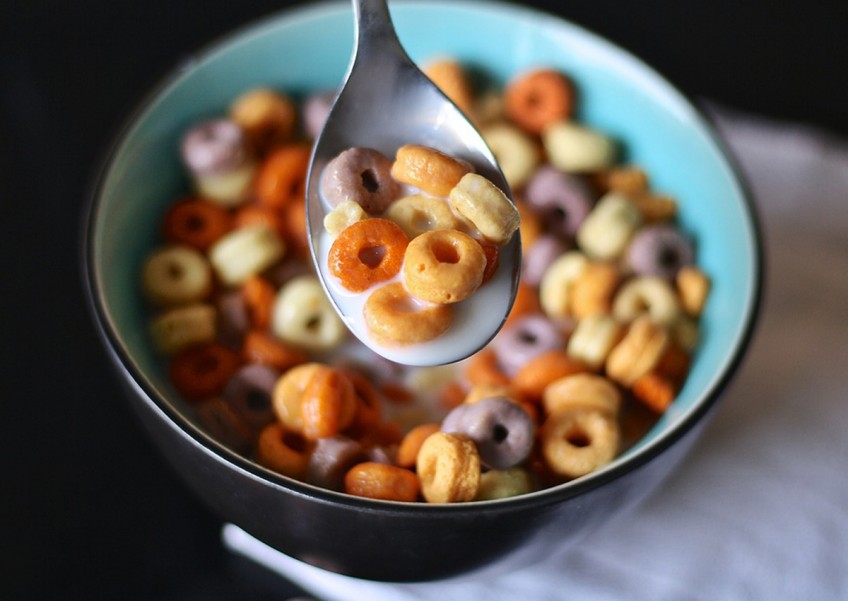Do you know how much sugar is in your food?

 PUBLISHED ONMarch 05, 2018 8:30 AMByClaudia Tan
PUBLISHED ONMarch 05, 2018 8:30 AMByClaudia TanDiabetes is a growing problem in Singapore today, yet young adults lack awareness about hidden sugars, putting them at risk of sugar-related diseases.
According to a survey conducted by the Hidden Sugars, Hidden Risks campaign from Nanyang Technological University (NTU), 90 per cent of young adults do not realise just how much sugars there are in their daily food choices.
The truth behind hidden sugars
Hidden sugars are sugars that are artificially added to food and beverages, or sugars naturally present in foods like honey, syrups and fruit juices.
With at least 61 different names for hidden sugars, it may be challenging to identify them even when you scan ingredient lists.
And let's be honest, most of us do not spend the time and effort sifting through the information on food labels to find out just how much sugar we are consuming, making them even more elusive than they already are.
You are at risk
While you may not feel like you are at risk of sugar-related diseases, based on an estimate by the NUS Saw Swee Hock School of Public Health, the number of diabetics in Singapore could rise to 670,000 by 2030 and nearly one million by 2050 compared to an estimated 450,000 in 2017.
If you think diabetes is too distant an issue, it all starts with short-term consequences like spikes in sugar levels and increased hunger. Over time, the possibility of contracting type 2 diabetes might not be quite as far off as you think anymore.
Take the first step
That said, better late than never. You can start properly cutting down on sugars by learning to identify sugars on food labels.
Ingredients are listed according to quantities with the first being the largest amount. You should try and avoid foods with sugar listed as the first few ingredients.
Some common names that sugar may go by include:
* This list is not exhaustible
[embed]https://www.facebook.com/hiddensugars.sg/videos/1361917483954599/[/embed]
Watch what you eat
The Health Promotion Board recommends that overall sugar consumption should not be more than 10 per cent of our daily energy intake (40-55g/8-11 tsp) based on a 1600-2200 kcal diet.
This article was first published in Shape